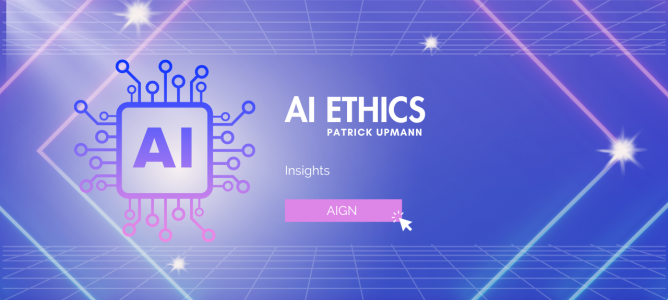What Role Does Cultural Context Play in Defining Ethical Standards for AI?
Exploring How Cultural Diversity Shapes Ethical Guidelines for Responsible AI Development. As Artificial Intelligence (AI) becomes increasingly global, its ethical implications vary across cultural, social, and political contexts. Ethical standards for AI must account for cultural differences to ensure their relevance and acceptance worldwide. According to the World Economic Forum’s Global …



